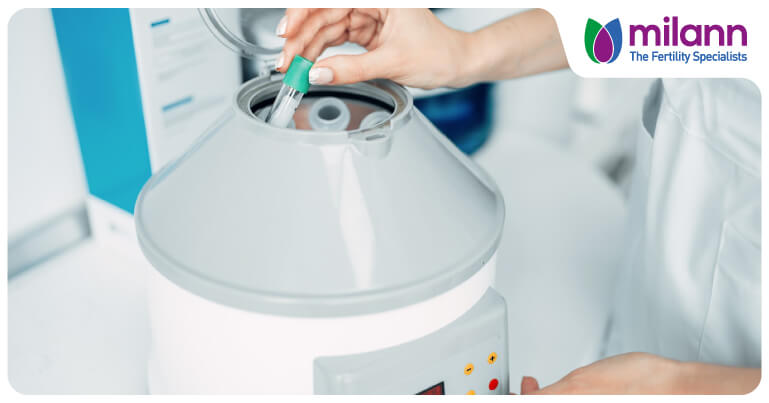In today’s fast-paced world, many women are choosing to prioritize their education, careers, or personal growth before starting a family. But with age being a crucial factor in fertility, how do you ensure you have options later in life? This is where egg freezing comes in. Once considered experimental, it’s now a mainstream choice for women who want to preserve their fertility. If you’re in your late 20s or 30s and are wondering whether this is the right step for you, this guide will help you understand the process, the benefits, and whether it aligns with your goals.
What Is Egg Freezing and How Does It Work?
Egg freezing, or oocyte cryopreservation, is a method where a woman’s mature eggs are extracted, frozen, and stored for future use. When you’re ready to conceive later in life, these eggs can be thawed, fertilized with sperm, and transferred to the uterus through IVF. The process involves hormonal stimulation to encourage the ovaries to produce multiple eggs. Once mature, these eggs are retrieved in a minor outpatient procedure and frozen using a technique called vitrification, which prevents ice crystals from forming and damaging the cells.
Who Should Consider Egg Freezing?
Egg freezing is a scientifically backed option that offers women greater control over their reproductive future. It’s no longer limited to celebrities or those undergoing cancer treatment. Today, many women choose to freeze their eggs for a variety of personal, medical, or lifestyle
reasons. Whether you’re delaying motherhood to focus on your career, managing health conditions like endometriosis or PCOS, have a family history of early menopause, or simply want the reassurance of having options later in life, egg freezing can provide peace of mind. For women in their 30s who are uncertain about when or if they want children, it offers a way to preserve fertility without compromising on current life goals.
What Is The Best Age To Freeze Eggs?
While egg freezing is possible at almost any reproductive age, the success of the procedure is closely tied to the age at which you freeze your eggs. The younger your eggs, the healthier and more viable they are for future fertilization. The optimal age range for egg freezing is typically between 28 and 36, when egg quality and quantity are still relatively high. Women under 35 with a strong ovarian reserve tend to be the best candidates. If you have known fertility risks, such as endometriosis, PCOS, or a family history of early menopause, it may be wise to consider freezing sooner. While freezing eggs after age 38 is still an option, it’s important to understand that both the number and quality of eggs decline with age, which can reduce the chances of a successful pregnancy in the future.
Egg Freezing Success Rates
Success with egg freezing depends on a combination of factors, most importantly, your age at the time of freezing, the number of eggs retrieved, and their overall quality. Women who freeze their eggs before age 35 generally have the highest likelihood of a successful pregnancy in the future. On average, it takes about 8–12 frozen eggs to result in one live birth, though this can vary from person to person. Thanks to advanced vitrification techniques, eggs can remain viable for up to 10 years or more when stored properly. While egg freezing is not a guaranteed insurance policy, it can greatly improve your chances of conceiving later, especially if life circumstances delay your plans for parenthood.
Personalized Egg Freezing Timeline With Milann
Every woman’s fertility journey is unique. That’s why Milann’s fertility preservation team offers tailored consultations to assess your ovarian reserve, discuss timelines, and guide you through every step of the egg freezing process. If you’re in your 30s and thinking about your future, now is the time to explore your options. Book your consultation today.
Reviewed by
Dr. Kavya D Sharma - Consultant - Reproductive Medicine, Whitefield.
